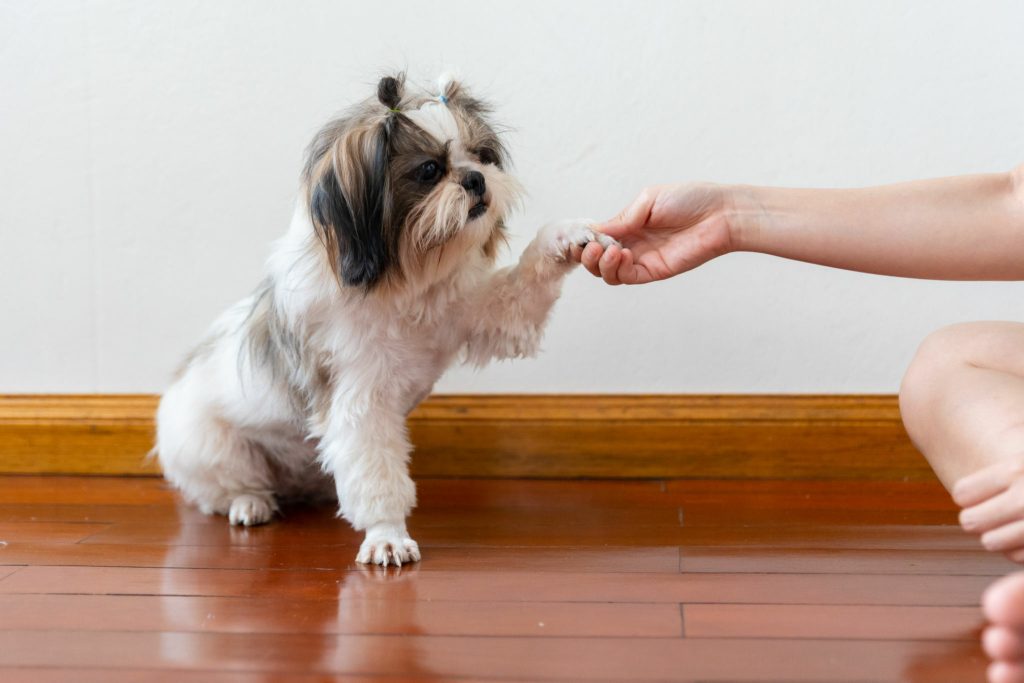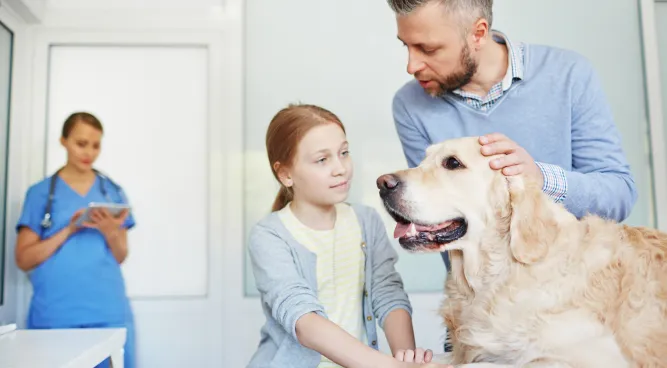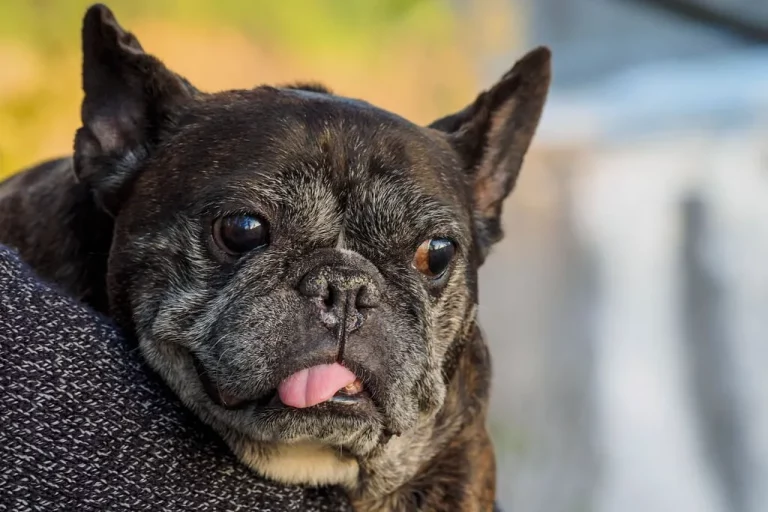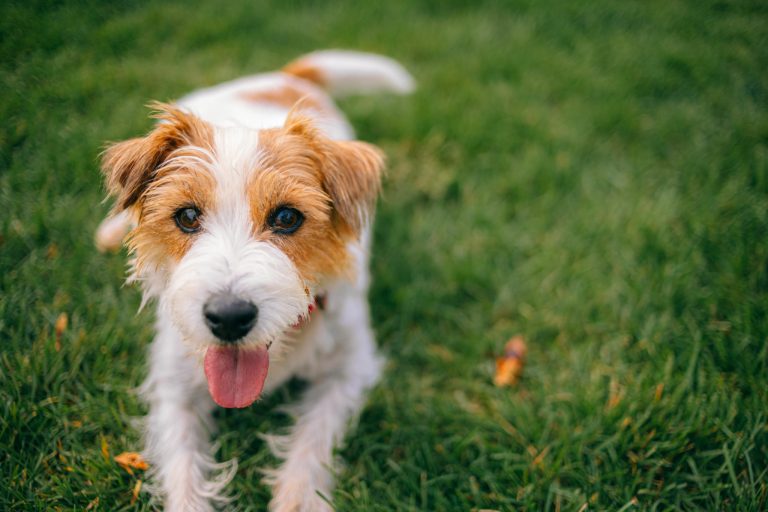15 Common Shih Tzu Old Age Problems & Care

Table of Contents
Discover how to nurture your aging Shih Tzu. Learn about 15 common Shih Tzu Old Age Problems and expert care advice. Ensure a happy, healthy life for your furry friend. Explore now! 🐾
As Shih Tzu dogs get older, some common health problems tend to come up. Being aware of these issues and providing the right care can help your senior Shih Tzu live a happy, comfortable life well into their golden years. Here are 15 of the most common old age problems seen in Shih Tzus and tips for managing them
15 Common Shih Tzu Old Age Problems
There are following 15 Shih Tzu Old Age Problems and their solutions are below,
1. Joint Problems
One of the most common issues for senior Shih Tzus is joint pain and arthritis. Their joints become stiff and painful due to normal wear and tear as well as from underlying conditions like hip dysplasia. Signs include limping, difficulty standing up or jumping, and yelping when touched in certain areas.
Providing joint supplements, using ramps to avoid stairs, ensuring soft bedding, maintaining a healthy weight, and doing gentle exercises like short walks can help manage joint problems. Have your vet examine any limping or pain and they may prescribe pain medication.
Read also: can dogs eat refried beans

2. Dental Disease
Shih Tzus are prone to dental problems like periodontal disease and tooth loss. Tartar buildup, receding gums, and bad breath are signs your dog may have dental disease. This can lead to tooth loss but also puts stress on major organs.
Daily tooth brushing, dental cleanings at the vet, and dental treats/food can prevent problems. Signs of dental pain should be addressed immediately as it impacts quality of life. Extractions and antibiotics may be needed.
3. Weight Gain
Obesity is common in older Shih Tzus. Less activity combined with overfeeding leads to unhealthy weight gain. This puts more stress on the joints, heart, and organs.
Monitoring food intake, measuring meals, and increasing exercise through short frequent walks and play can prevent weight gain. Check-ups at the vet should include weighing your dog.
4. Eye Problems
Many Shih Tzus develop eye issues as they age including cataracts, glaucoma, dry eye, and progressive retinal atrophy. Cloudy eyes, redness, increased tear production, and bumping into things can indicate eye problems.
Regular eye vet exams, eye drops, and early treatment can help manage age-related eye disease. Watch for any squinting, eye rubbing, or vision loss which requires prompt vet attention.
5. Urinary Incontinence
Urinary incontinence and accidents are common in spayed female senior Shih Tzus. Weakened bladder muscles and sphincters cause dribbling urine or full leaks.
Having your dog wear doggy diapers or pee pads can help manage accidents. Your vet may prescribe medications to strengthen bladder muscles and control urine flow. Certain supplements may also help with symptoms.
6. Cognitive Dysfunction
Dementia or cognitive dysfunction is similar to Alzheimer’s disease in humans. Disorientation, house soiling, changes in sleep patterns, anxiety, and forgetting familiar people/places are possible signs.
Keeping a consistent routine, using puzzle toys to stimulate the brain, and certain medications can help manage cognitive decline. Track any behavior changes and discuss them with your veterinarian.
7. Heart Disease
Shih Tzus can develop heart problems like valvular disease, enlarged heart, and heart murmurs as they get older. Labored breathing, coughing, fatigue, and fainting are common symptoms.
Chest x-rays, ECGs, and medications may be recommended by your vet. Restrict activity and monitor breathing issues closely. Inform your vet about any troubling symptoms or changes.
8. Kidney Disease
Chronic kidney disease is common in older Shih Tzus. Kidneys become less efficient at removing waste from the blood. Increased thirst/urination, weight loss, vomiting, and bad breath can indicate kidney problems.
Bloodwork to check kidney values, IV fluids, special kidney diets, and medications can help manage kidney disease. Address any urinary or kidney issues immediately with your vet.
9. Liver Disease
Similar to kidney disease, the liver becomes less efficient with age. Signs like weight loss, lack of appetite, vomiting, increased thirst/urination, and yellowing of eyes/gums can point to liver problems.
Medications, dietary changes, and supplements may be used for treatment. Regular bloodwork is important to monitor liver function and catch problems early.
10. Cancer
Cancer is a leading cause of death in older dogs. Shih Tzus are prone to certain cancers like lymphoma, mast cell tumors, breast and liver cancer. Lumps, swelling, weight loss, and lethargy are common signs.
Catching cancer early is key, so have lumps evaluated quickly. Surgery, chemotherapy, and radiation treatments may be options depending on the type and spread of cancer cells.
11. Diabetes
The risk of diabetes rises as Shih Tzu’s age. When the body can’t regulate blood sugar levels properly, signs like increased thirst/hunger, weight loss, and frequent urination may emerge.
Bloodwork will diagnose diabetes and help create a treatment plan – usually involving insulin injections, diet, and exercise. Careful management of diabetes is essential.
12. Deafness/Blindness
Senses decline in many dogs as they age. Gradual hearing and vision loss are common in senior Shih Tzus. Bumping into walls, difficulty finding toys, and not responding to sounds are signs.
Adjust your home and routines to accommodate your dog’s sensory changes. Use hand signals, keep furniture/stairs consistent, and optimize lighting to help a blind or deaf dog navigate.
13. Incontinence
Loss of bladder control is frequent in older spayed females but can happen in males too. Urinating during sleep or leaving puddles around the house are signs.
Vet exams to identify underlying causes, medications to control urine flow, doggy diapers/belly bands, and modifying drinking schedules can reduce accidents.
14. Anxiety/Fear
Senior dogs are prone to developing anxiety, fearfulness, and separation anxiety – likely from cognitive decline. Trembling, whining, hiding and panic are signs.
Medications, calming supplements, pheromone diffusers, and sticking to a comforting routine can ease anxiety. Never punish fearful behavior – be patient and understanding.
15. Sleep Changes
Changes in sleep patterns like sleeping more during the day and restlessness at night are common in older dogs. Poor vision, aches, and pains can contribute to sleep disruptions.
Ensuring good daytime exercise, soothing bedtime routines, removing tripping hazards, and scheduling vet visits for new medication may help improve sleep. Track patterns and alert your vet to major changes.
How You Can Care For Your Shih Tzu In His Golden Years
As Shih Tzus reaches their senior years, their healthcare needs change. Focusing on preventative care and promptly addressing any emerging issues will give your dog the best quality of life in their golden years. Here are some top tips for caring for your aging Shih Tzu:
- Schedule wellness exams with your vet every 6 months. Bloodwork, urine, and other tests allow vets to catch problems early. Senior dogs need closer monitoring.
- Brush teeth daily, get regular dental cleanings, and feed dental diet food to avoid painful dental disease.
- Weigh your dog frequently and adjust food to avoid obesity and lessen joint strain. Feed a high-quality senior diet.
- Do gentle, low-impact exercise daily like short walks to maintain joint health. Try ramps instead of stairs.
- Groom regularly to prevent matted fur which can cause sores and skin issues in older dogs.
- Consider supplements like glucosamine, fish oil, and vitamin B for joint, brain, and heart health. Ask your vet first.
- Keep a diary of symptoms so you can track senior health issues. Inform your vet of all changes.
- Make your home senior-friendly – non-slip surfaces, raised feeders, nightlights, and easy access to the outdoors.
- Help your dog stay mentally stimulated with new toys, sights, and smells on walks, learning tricks, and food puzzles.
- Stick to a calming routine with regular sleep, feeding, and potty times to reduce anxiety.
Be attentive to your senior Shih Tzu’s needs and develop a relationship with a vet you trust. Address concerns promptly – early detection and treatment of any issues greatly improve the quality of life. With proactive care and lots of love, your Shih Tzu can stay happy and healthy well into their senior years.
People also ask
What age is considered old for a Shih Tzu?
Shih Tzus are considered senior or old at around 8-10 years.
What is the most common cause of death in Shih Tzus
Renal disease is the most common cause of death in Shih Tzus.
What is the average age and death for Shih Tzu?
The average lifespan is 10-16 years. Average age at death is 10-13 years.
What is the common problem of Shih Tzu?
Common problems include dental issues, joint pain, eye diseases, and urinary incontinence.






